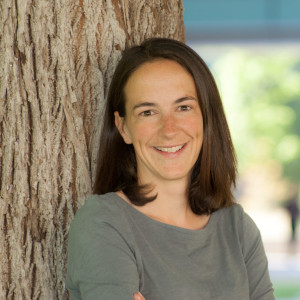Directory Profile

Sara Paull PhD
- Department of Environmental & Occupational Health
Dr. Sara Paull is a disease ecologist whose research addresses questions at the interface of ecology and public health. She is broadly interested in studying how interactions between humans, animals, and the environment influence infectious disease risk. Much of her research focuses on how climate change could affect pathogen transmission. She takes an interdisciplinary and multi-faceted approach to research questions, typically using a combination of mechanistic laboratory, mesocosm, and field experiments as well as modeling and statistical analysis of large-scale datasets. Her current work in the West Nile virus system is focused on developing a mechanistic understanding of the drivers of weather-disease linkages, and improving predictive models of how risk will shift in the future.
Education, Licensure & Certifications
- PhD, University of Colorado, 2012
- B.A., Dartmouth College, 2005


